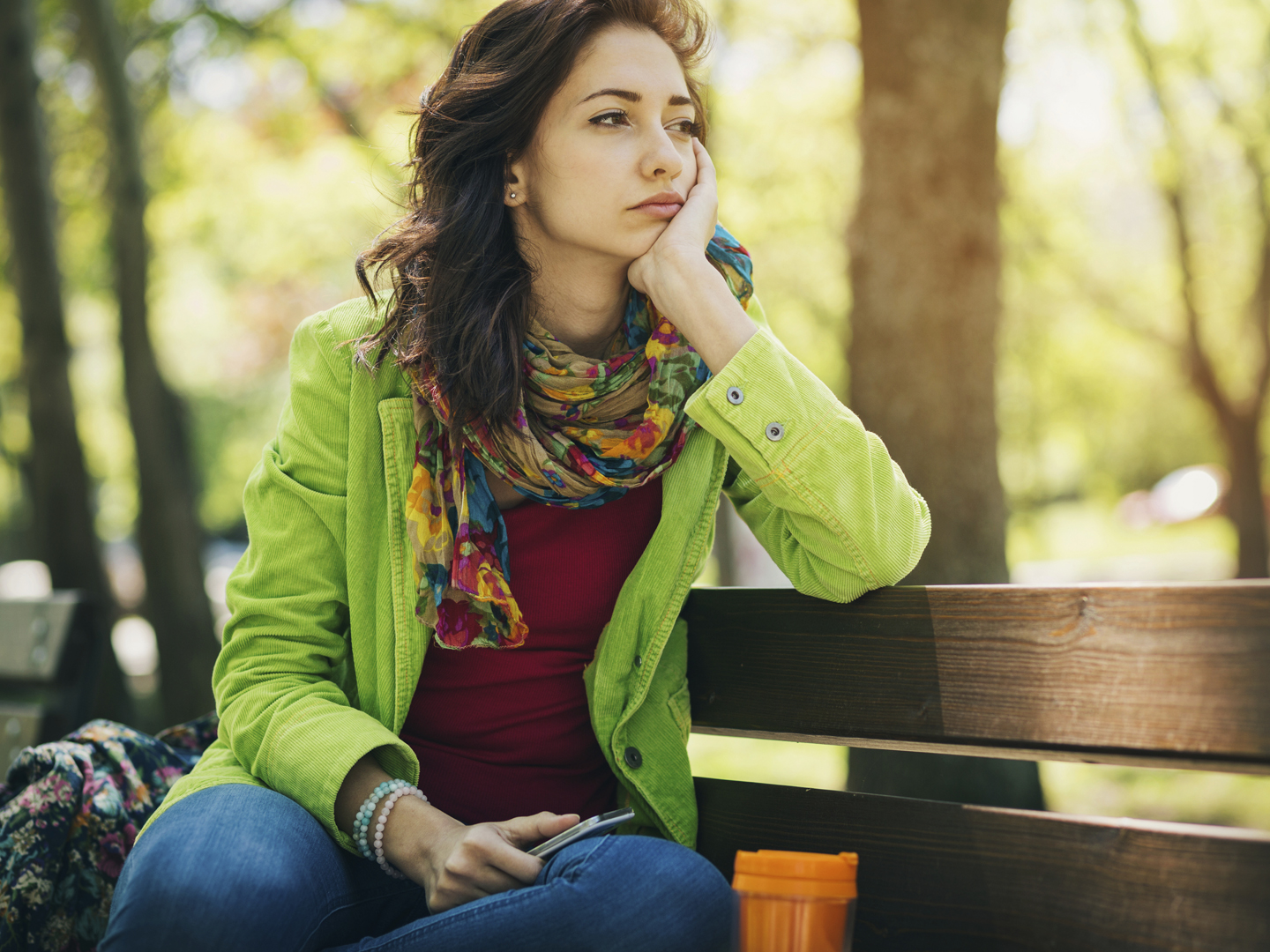How Unhealthy Is Loneliness?
I heard recently that living alone or feeling lonely is as harmful to health as smoking cigarettes or obesity. This seems far-fetched to me. Do you think loneliness really is a health risk?
Andrew Weil, M.D. | April 23, 2015

I do believe that, over time, loneliness – or lack of meaningful connections to others – does jeopardize health. The latest scientific word on this subject follows a report from Brigham Young University published in March of 2015. The researchers reviewed the results of 70 earlier investigations, including data on some three million people, and concluded that loneliness and social isolation present a greater health risk than obesity. The team also cited earlier research by two of its members showing that loneliness presents the same risk to health as smoking 15 cigarettes a day or alcoholism.
The analysis found that people at risk are those who feel alone (even though surrounded by many people) as well as those who isolate themselves because they prefer to be alone. Census figures in the U.S. show that in 2013, 27 percent of us lived alone compared to only five percent in the 1920s. The authors noted that around the world more people now live alone than ever before in recorded history, and predicted a possible loneliness epidemic in the future.
There is a difference between loneliness and social isolation. Loneliness is your perception of being alone and socially isolated; living alone, having few social ties and infrequent social contact are objective markers of social isolation.
All told, the report concluded that feeling lonely increases the risk of death by 26 percent while social isolation and living alone increase the risk by 29 percent and 32 percent respectively.
Although we tend to assume that social isolation and loneliness are associated with old age, the Brigham Young researchers reported that the risk of death due to these factors is greater among younger (under age 65) rather than older people.
You can determine your own degree of loneliness by using the UCLA Loneliness Scale available online: http://psychcentral.com/quizzes/loneliness.htm
I wrote in my book 8 Weeks to Optimum Health about the risks to health of what I call disconnectedness, the lack of meaningful connections in life, to a mate, lover, friends, work, hobby or pet. Human beings are highly social, communal animals, meant to live in families, tribes, and communities, and when we lack those connections, we suffer.
I believe that connectedness is necessary to well being. You can eat as much salmon and broccoli as you can, take antioxidants for the rest of your life, breathe deeply and exercise daily, but if you are disconnected, you will not achieve optimum health. This interesting new study sheds light on the toll loneliness and isolation can take on health and reminds us of the importance of nurturing the connections in our lives or reaching out for more of them.
Andrew Weil, M.D.
Source:
Julianne Holt-Lunstad et al “Loneliness and Social Isolation as Risk Factors for Mortality A Meta-Analytic Review.” Perspective on Psychological Science, March 2015, doi: 10.1177/1745691614568352










